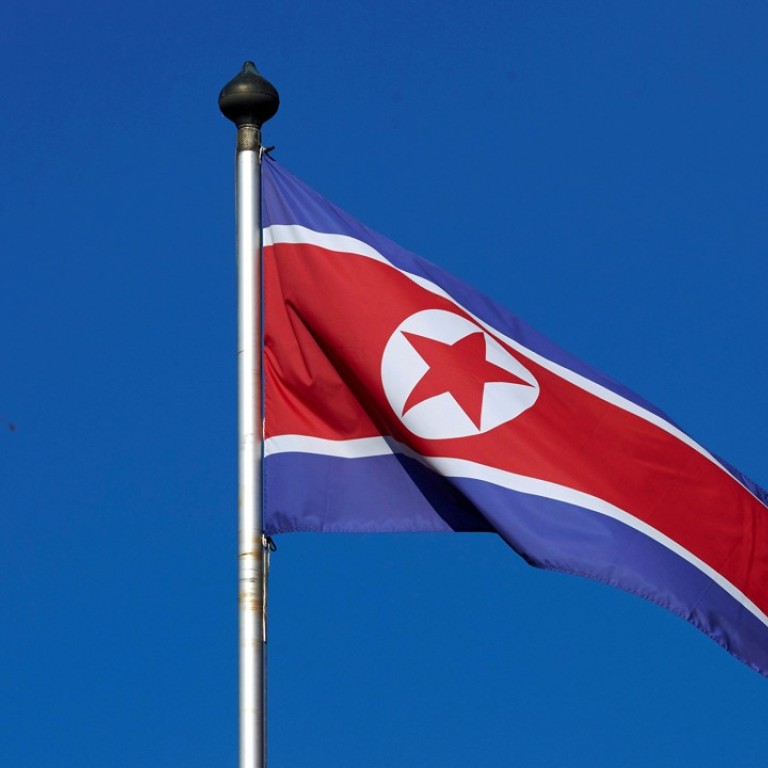
Breaking | North Korea’s invitation to China’s Belt and Road summit ‘may cast shadow over UN sanctions’
A Pyongyang delegation will attend the forum in Beijing, which will also see national leaders like Russia’s Putin and Indonesia’s Widodo
China announced on Tuesday that a North Korean delegation had been invited to attend the upcoming belt and road summit, despite a spat between the communist neighbours.
Observers were surprised at the announcement by foreign ministry spokesman Geng Shuang. They said the move might hinder an international effort to pressure Pyongyang to rein in its nuclear programme.
The South Korea’s Yonhap news agency reported that Kim Yong-jae, the North Korean minister of external economic relations, would lead its delegation.
Beijing has pulled out all the stops for the summit, scheduled for Sunday and Monday, in a bid to promote President Xi Jinping’s trade and infrastructure initiative to connect China with Eurasia and beyond.
The forum will be attended by national leaders including Indonesia’a Joko Widodo. But Beijing has not invited South Korean leaders amid a stand-off over the deployment of a US missile defence system in Seoul.
Sun Xingjie, a Korean affairs specialist at Jilin University, said he was surprised by the announcement. “It cannot be a good thing because it won’t [help strengthen] international sanctions,” he said.
He added that Pyongyang spurned Beijing when it tried earlier to enlist the North in its “Belt and Road Initiative” in exchange for a commitment to scrap its nuclear weapons programme.
Zhang Liangui, a professor of strategic studies at the Communist Party’s Central Party School, said the decision to invite North Korea to the summit was “very unwise”, as it could send the wrong signal to the North’s leader, Kim Jong-un.
“North Korea has been engaging in a policy of appeasement, which is aimed at undermining the hard-won international consensus to mount pressure on Pyongyang,” he said. “It is apparently a trap to put China in a dilemma of choosing between implementing UN sanctions and easing pressure on its ally.”
Beijing’s relations with Pyongyang have hit a historic low in recent weeks, over fears Pyongyang may be preparing for a sixth nuclear weapons test.
China’s top envoy on the Korean peninsula, Wu Dawei, has been snubbed in trying to arrange a visit to Pyongyang, according to South Korean media.
Beijing’s announcement came as South Koreans went to the polls to elect a new president. Moon Jae-in of the Democratic Party, an advocate of engagement with North Korea, was the front runner.
It also coincided with the first of an informal series of talks in over six months between the US and North Korea experts in Oslo, Norway, amid speculation that Washington may seek dialogue with Pyongyang.
Analysts said Beijing’s move was probably due to its reluctance to take the lead in tackling North Korea if Washington and Seoul backed down.
“It may have proved that the honeymoon between China, the US and South Korea may have come to an abrupt end when it’s just begun,” Sun said.
Lee Jung-nam, of the Asiatic Research Institute at Korea University, said inviting the North to the summit would hurt the sanctions-centered joint effort to rein in Pyongyang.
“I really don’t understand why China chose to invite North Korea instead of South Korea,” she said. “Beijing can choose either to step up pressure by imposing sanctions, or to resume dialogue with North Korea. You cannot have it both ways.”

